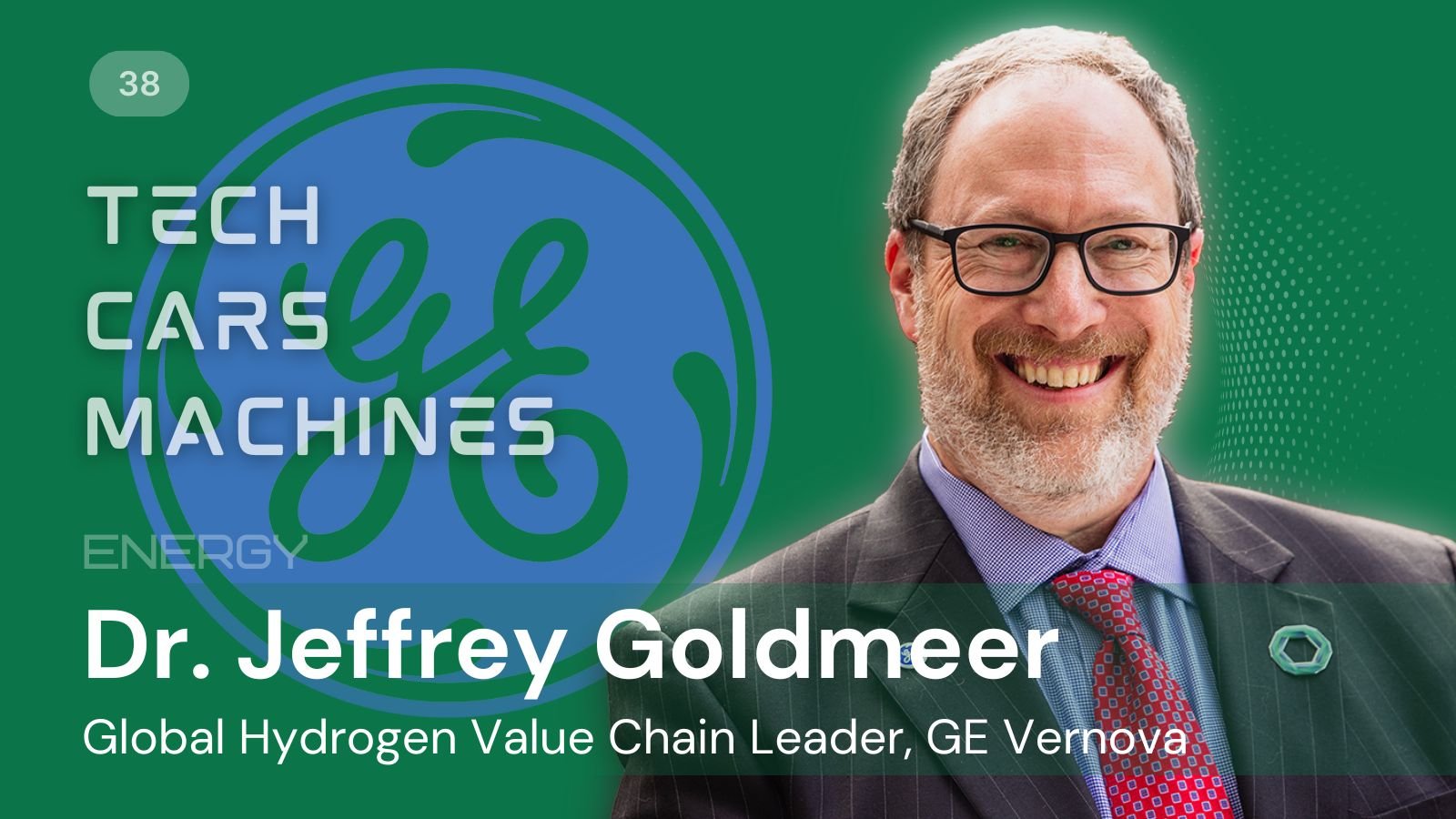Dr. Scott Hsu, Fusion Partner, Lowercarbon Capital
Listen on your favorite podcast platform:
In this episode of Tech Cars, Ali discusses the potential of fusion energy with Dr. Scott Hsu, a renowned expert in the field. Scott’s work on fusion began with with a bachelor's degree in electrical engineering from UCLA, followed by a PhD in plasma physics from Princeton. He has held roles at Caltech, Los Alamos National Lab, and the Department of Energy's ARPA-E. He is now Fusion Partner at Lowercarbon Capital, a venture fund focused on preventing and dealing with climate change, including eight fusion energy companies.
Scott discussed the two of the primary methods of achieving fusion: magnetic confinement and inertial confinement. Magnetic confinement, exemplified by the Commonwealth Fusion Systems and the tokamak, uses powerful magnets to contain plasma long enough for fusion to occur. An alternative mangetic confinement approaches is pursued by Thea Energy, with a “stellarator” design. Inertial confinement, on the other hand, employs lasers to compress a small fuel pellet until fusion happens. Both approaches have shown significant scientific progress, with inertial fusion even surpassing the critical threshold of generating more energy than it consumes.
Despite the scientific advancements, several challenges remain, including developing first-wall materials that can withstand the extreme conditions within a fusion machine, and ensuring a robust supply chain for fusion infrastructure. Scott is optimistic due to recent breakthroughs and increased investment in the sector and adjacent technologies such as high temperature superconductors and AI/computing power. The conversation emphasizes the critical role of fusion energy in providing a clean, abundant, and reliable power source for the future.



